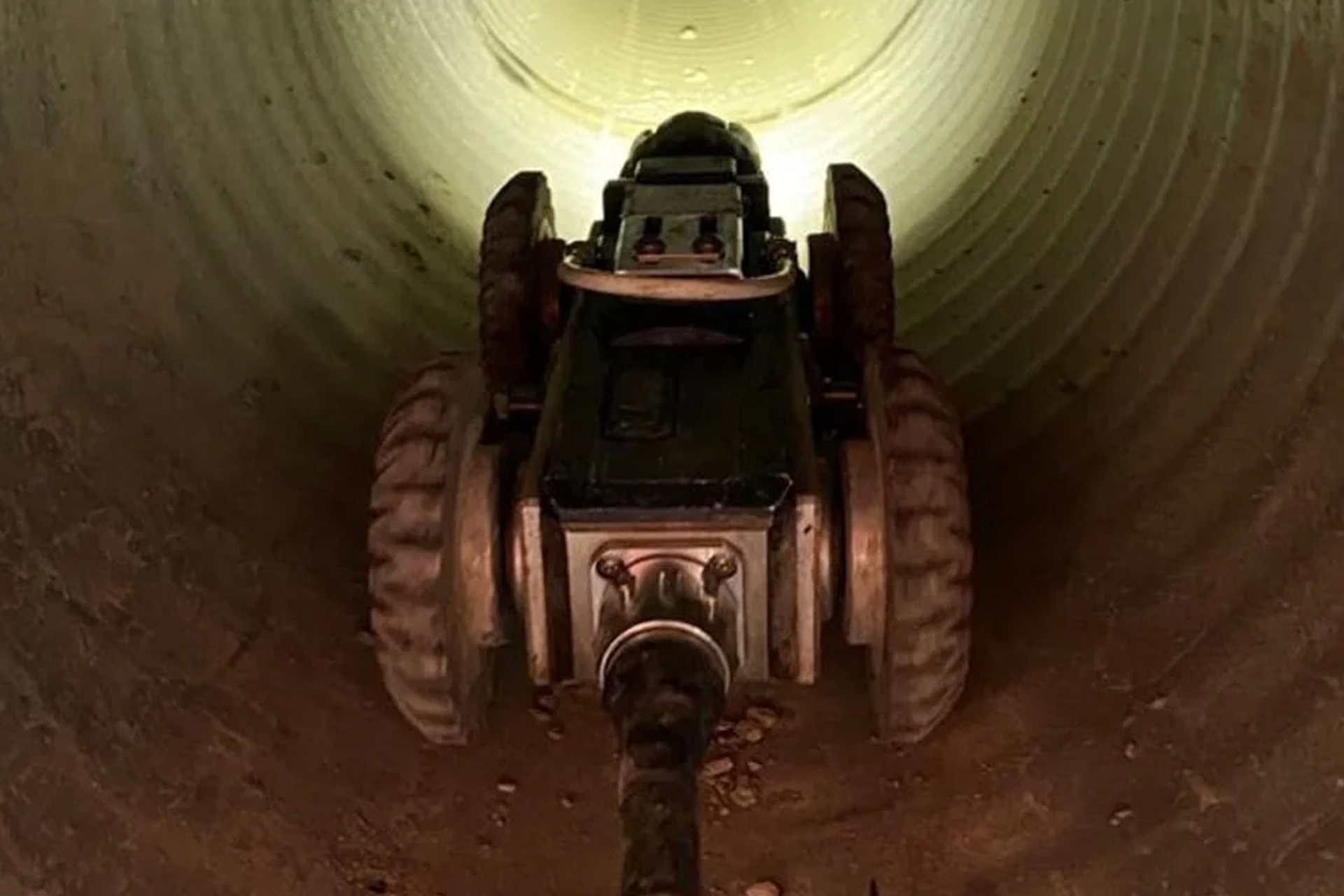Reclaim Waste for Dummies
Table of ContentsLittle Known Questions About Reclaim Waste.Reclaim Waste Can Be Fun For EveryoneThe Facts About Reclaim Waste UncoveredWhat Does Reclaim Waste Do?Top Guidelines Of Reclaim Waste
Via proper liquid waste administration, firms can minimize energy-intensive treatment procedures and disposal prices. They also reach save resources and designate them in other relevant processes. There are numerous regulations that protect public health and the atmosphere. By following a system for handling fluid waste, business can avoid expensive fines and fines and stay clear of adverse publicity.(https://justpaste.it/fauht)Gather depictive examples from numerous points within the waste stream to guarantee accuracy. Conduct regular screening to track any type of modifications in the structure. Preserve thorough records of characterization for future recommendation and compliance functions. Fluid waste, specifically hazardous ones, postures significant dangers during this action. Correct procedures minimize spills, leaks, and various other crashes that could damage the workers and the public.

Sanitation (e.g., chlorination, ultraviolet light, ozonation) and nutrient elimination (e.g., denitrification and phosphorus obliteration) are suggested under stringent policies. Many firms violated numerous liquid waste disposal laws in current years.
The smart Trick of Reclaim Waste That Nobody is Discussing

are used by sectors that create big volumes of low-toxicity fluid waste. Superficial containers include liquid waste that is permitted to evaporate through all-natural procedures. The deposit left can be gotten rid of in landfills. includes burning liquid waste at heats and converting it into gas and ash. This type of disposal is subject to rigorous environmental guidelines because of possibly unsafe emissions.
The findings must be recorded, examined, and kept not just for submission to regulatory authorities yet likewise for making improvements in the future. Share details with appropriate stakeholders (e.g., workers, regulatory federal government agencies, and nearby areas) to preserve transparency and liability.
Comprehending these can help them efficiently handle their operations and lessen their ecological effect. Firms that can't spend in centers should think about teaming up with the public market for much better options.
The Buzz on Reclaim Waste
By implementing detailed management systems that include therapy and recycling methods, normal monitoring, threat analyses, and adherence to local and find more information government laws, industrial centers can add to the security of groundwater supplies, ensuring their accessibility for future generations (industrial wastewater treatment). Let's explore the relevance of reliable fluid waste management in the commercial field, focusing on its implications for securing groundwater resources
The air pollution of groundwater resources because of inappropriate liquid waste administration in the commercial sector has far-reaching effects for human wellness, agriculture, and the environment as a whole. Some of the potential impacts created by such pollution include: Contaminated Drinking Water Materials: As groundwater supplies a significant portion of our drinking water, contamination from industrial tasks can bring about damaging chemicals and microbes entering our water supply, posing wellness risks for humans.
Lowered Agricultural Performance: Farming relies heavily on groundwater for watering; therefore, contaminated water can prevent crop yields, pollute agricultural items, and affect food safety. Offered the relevance of preserving groundwater sources, it is critical for organizations to take a positive stance in handling their fluid waste properly and avoiding pollution.
The Best Strategy To Use For Reclaim Waste
Fluid waste can contaminate land and contaminate waters. Details regarding managing and saving fluid waste, reacting to spills and lowering liquid waste is available in the following truth sheets and guidance:.
The function of waste administration professionals in safeguarding this valuable resource can not be overemphasized. Contaminated water and infected effluent administration: Making sure that unsafe fluids are securely removed and treated prior to they can harm our water sources.
Therefore, incorporating lasting liquid waste administration into economic preparation improves economic security and shields the setting, demonstrating the value of this strategy. To conclude, embracing specialist fluid waste administration methods is crucial for ensuring a sustainable future, securing our environment and securing the wellness of future generations - liquid waste removal. At E&E Waste, we are dedicated to cultivating a far better tomorrow with responsible activities today.
When it pertains to throwing away waste, sticking to correct treatments is important for a wide range of reasons. Correct garbage disposal is not just concerning sanitation; it's concerning making certain the wellness of our setting, health, and the effective use resources. Recognizing the significance of efficient waste administration can aid us all contribute to a much healthier, cleaner earth.
Unknown Facts About Reclaim Waste
Efficient waste monitoring assists preserve tidy streets and public spaces, decreasing the aesthetic effect of litter and guaranteeing that waste does not harm wildlife. When waste is not dealt with properly, it can lead to contamination, where hazardous materials can seep right into the dirt, water systems, and the air, producing lasting ecological issues.